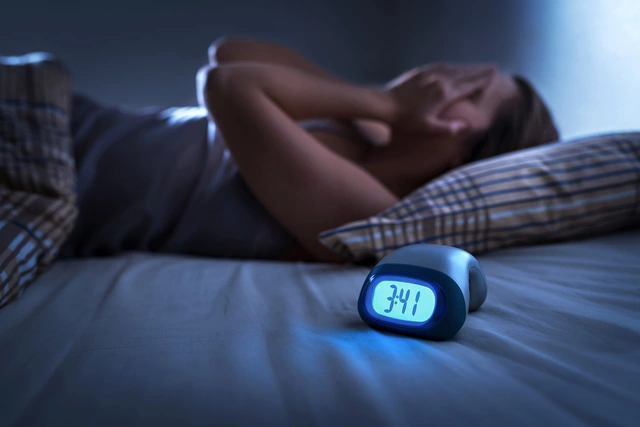Brain Pressure: What You Feel, What It Means, and Where to Learn More
That heavy, pounding feeling in your head can be scary. People say "brain pressure" about different things: true increased intracranial pressure (a medical emergency), the sensation from sinus or ear issues, and the way high blood pressure or anxiety can feel like pressure. Knowing the difference helps you act fast and avoid panic.
Common causes and simple signs to watch for
Raised intracranial pressure often comes with severe headache, vomiting, vision changes (blurry vision or double vision), confusion, and sometimes loss of consciousness. If these happen suddenly, call emergency services. Mild or chronic pressure-like head pain can come from tension, sinusitis, migraines, or high blood pressure. Anxiety and panic attacks often create tightness or pressure feelings without dangerous brain changes.
High blood pressure won’t always hurt, but when it affects the brain you might see severe headache, dizziness, or neurological symptoms. Several articles on this site cover blood pressure meds and safety—use those for context, not to replace urgent care. If you have a history of hypertension and new neurological signs, treat it as urgent.
How medications and conditions tie into "brain pressure"
Some drugs affect blood pressure or brain function. For example, labetalol (Trandate) and Micardis are blood pressure meds that can help protect the brain by controlling high blood pressure. Seizure meds like lamotrigine or alternatives to Neurontin relate because seizures and their treatment can change how someone experiences head pressure or confusion. Steroids and some antibiotics can cause side effects that feel like pressure or dizziness in certain people. If a new symptom starts after a medication change, ask your provider.
Worried about seizures? Our guide on partial onset seizure recognition explains signs and first aid—useful if someone becomes confused, stares blankly, or shows repetitive movements. For mood and anxiety that feel like pressure, check resources on panic disorder, propranolol alternatives, and hydroxyzine substitutes—these posts explain options and safety in plain language.
What should you do now? If symptoms are severe—sudden severe headache, vision loss, weakness, or confusion—get emergency care. For ongoing mild pressure, track symptoms, blood pressure readings, recent meds, and triggers like sleep, caffeine, or allergies. Share that list with your doctor to speed up diagnosis.
Want targeted reading? On this tag page you’ll find practical articles: Trandate uses and safety for blood pressure; Buy Micardis online guides; Lamotrigine info for epilepsy and mood; partial onset seizure first aid; and pieces on panic disorder and anxiety meds. Each article gives clear, usable advice so you can ask better questions at your next visit.
Bottom line: "brain pressure" can mean many things. Use symptom patterns to judge urgency, check trusted articles for context, and get emergency care for sudden, severe changes. If you’re unsure, call a health line or your provider—it's better to check than to wait.




